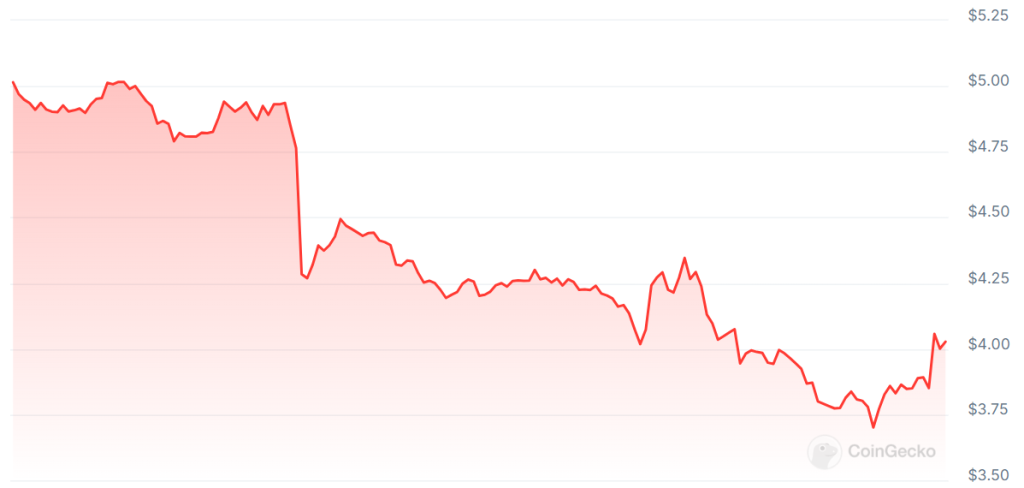
As the project continues to be closely examined in the country of Latin America, Argentina’s regulators may be about to take severe action against independent Worldcoin (WDC) resellers.
Per a report from iPro Up, some Argentines have become unofficial Worldcoin “resellers” to “earn extra income.”
However, this has put them “in the crosshairs” of organizations like the Federal Administration of Public Revenues (AFIP) and the National Securities Commission (CNV), a tax body.
Facing Pressure: Argentina Regulators Target Worldcoin Resellers
In recent months, Worldcoin has experienced incredible growth in popularity in Argentina.
In many Argentinean cities, massive lines have formed outside Worldcoin iris-scanning centers, as many people are eager to claim their “free” WLD tokens.
However, some Argentinians are opting to exchange their tokens for cash rather than holding onto these coins or trading them on regulated cryptocurrency exchanges.
As a result, “resellers” have emerged who give cash or bank deposits to novice WLD holders in return for giving up control of their cryptocurrency wallets.

Resellers frequently demand commission fees for their “services” that can reach 50% of the “token value.”
It is said that the resellers and the so-called “coleros” “work as a team.” This phrase, which is used in Spanish, describes those who make money by standing in line to sell their place to others.
At Worldcoin iris-scanning locations, these coleros wait in line to assist resellers in persuading customers to use their services.
The news source stated that “a lot of people are unaware of how to turn Worldcoin tokens into cash.”
“This precisely where the resellers and coleros come in.”
‘Several Organizations’ Taking an Interest in Worldcoin Resellers
Even though these “operations” are “not illegal,” the media outlet pointed out that they ought to “go through the financial system.”
The Argentine legal system views the “conversion” of tokens into fiat pesos as a business transaction.
“This is why coleros are in the crosshairs of several organizations,” iPro Up explained.
While one-off swap deals would not usually concern tax bodies and regulators, experts said, that “changes in the case of resellers that deal with hundreds of users.”
In these situations, tax officers have the authority to assert that an individual is running an unregistered business and compel them to pay taxes.
According to a senior auditor, if the CNV believes resellers are running unlicensed cryptocurrency exchanges, it may take action.
Domestic cryptocurrency exchanges are now required by law to apply for CNV operating permits and follow stringent KYC (Know Your Customer) procedures.
Because of Worldcoin’s widespread use, Argentine lawmakers and regulators are becoming more aware of privacy-related issues.
World ID's verified proof of humanness can help increase trust online in Spain & around the world 🇪🇸 pic.twitter.com/rpHEm6tRgF
— Worldcoin (@worldcoin) June 4, 2024
Tools for Humanity Seek to Allay Concerns of Regulators
Alex Blania, the CEO of Tools for Humanity, traveled to Argentina last month to meet with influential state officials. The Worldcoin operator is called Tools for Humanity.
This came after MPs demanded that Worldcoin be monitored. Lawmakers have also unveiled bills that, if approved, would compel Worldcoin to adhere to additional data- and privacy-related regulations.
Additionally, regulatory agencies are looking into Worldcoin’s activities in the nation.
In January of this year, the Argentine data protection agency declared that an investigation into Worldcoin was underway.















2 Comments